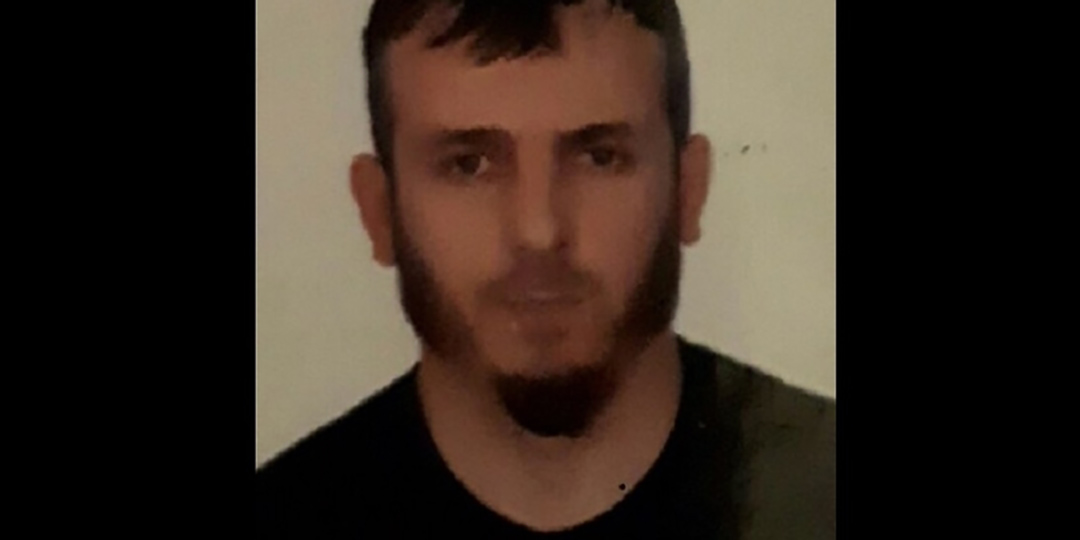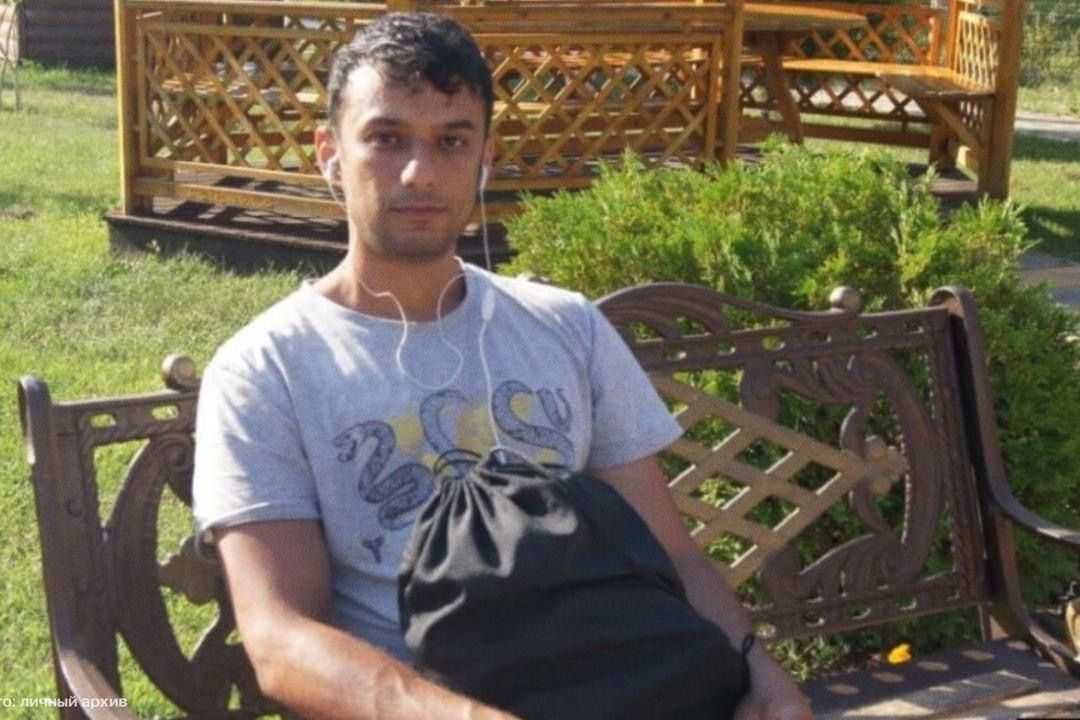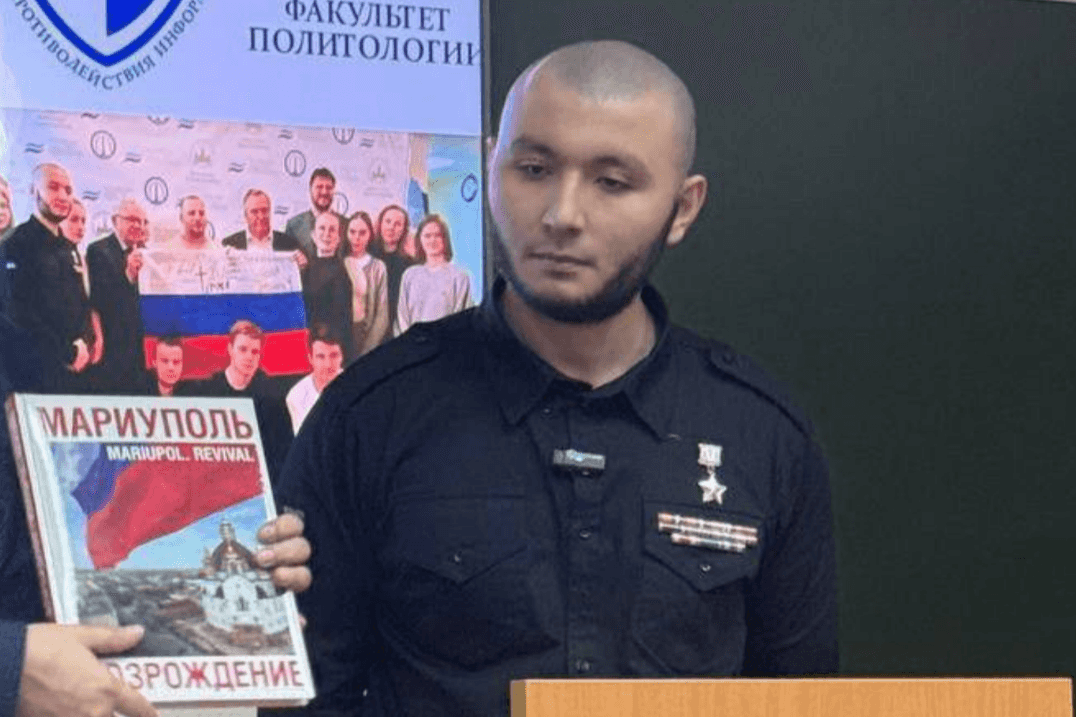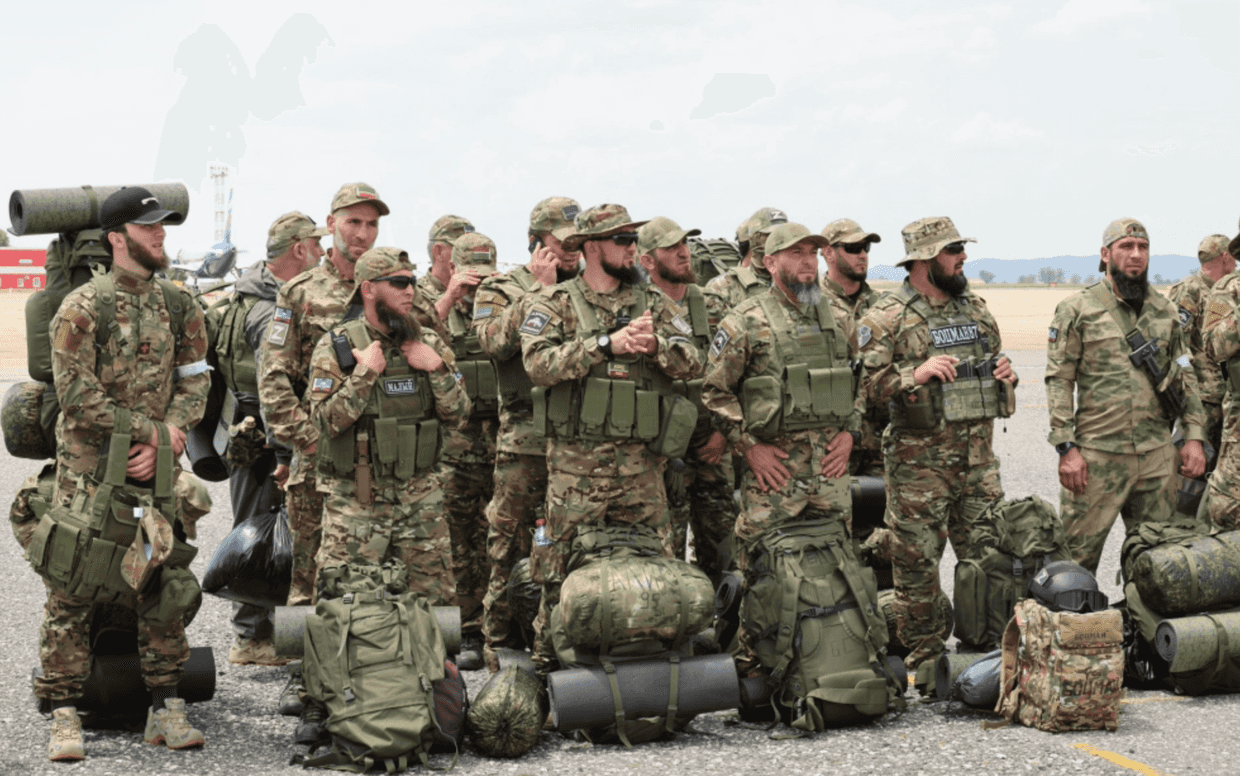

A man accused of recruiting and fighting for the Islamic State has been extradited from Georgia to Russia. His lawyer insisted he is innocent and that he could face torture in Russia.
On Thursday, Justice Minister Tea Tsulukiani confirmed to journalists that Georgia had handed over Ramzan Akhiyadov, officially a resident of Chechnya and a Russian citizen, to the Russian Federation.
Akhiyadov was wanted by Interpol for terrorist recruitment and for fighting for the Islamic State in 2013–2015.
Tsulukiani said Akhiyadov visited Turkey before moving to Georgia, where he actively recruited and financed fighters. She refused to elaborate, adding only that ‘fighting terrorism and international crime was and will remain a priority’ for Georgia.
Akhiyadov, 39, claimed that he could face torture and inhumane and degrading treatment if handed over to the Russian authorities.
His lawyer, Aleksandre Tatelishvili, told OC Media on 19 September that he was ‘devastated’ and ‘disappointed’ with the news that Tsulukiani signed an order to deport him on 16 September.
In her statement on Thursday, Tsulukiani said that Georgia had received written guarantees from Russia that he would face no ill-treatment and would not be subjected to torture after being extradited.
[Read on OC Media: A Chechen refugee Poland wants to give up to Russia]
‘No minimum standard’ met before extradition
According to his lawyer, Georgian police detained Akhiadov in December for illegally parking his car, only to discover later that he was wanted by Interpol.
He was immediately sent to pre-extradition detention with a deportation deadline of 20 September.
Akhiyadov denied the charges levied against him and insisted he did not know he was wanted by Interpol.
After his detention, Akhiyadov sought refugee status but the Georgian Migration Department denied his request.
He unsuccessfully challenged the decision in the Tbilisi City Court and, later, in the Appeals Court.
Tatelishvili told OC Media that ‘there was not a single witness’ in the documents sent from Russia that supported his indictment and that the Georgian authorities ‘did not bother’ to enquire if he could have committed the crimes he was accused of, ‘a minimum standard’.
Akhiyadov also tried to challenge the extradition in Georgia’s Supreme Court, but the court rejected his claim.
According to his lawyer, Akhiyadov resided in Kutaisi together with his wife and four children. ‘He had a small business and planned to stay in Georgia’, Tatelishvili said.
‘Human rights are not violated in Russia’
On 19 September, before Akhiyadov’s deportation was made public, Elene Khoshtaria, an MP from the opposition European Georgia party, criticised the government for the ‘planned’ deportation.
‘Handing him over [to Russia] practically means his death […] Unfortunately, it turns out that our government does not know that, as the Migration Department and the Prosecutor’s Office concluded that [in Akhiyadov’s case] “human rights are not violated in Russia”.’
Khoshtaria cited a 2002 case which ‘put an immediate ban on the [Georgian] state extraditing those individuals’.
‘With this case’, Khoshtaria said, ‘[the European Court of Human Rights (ECHR)] set a standard for Georgia to deal with such cases’.
In October 2002, Georgia handed over five out of 13 detained Chechens at Russia’s request, despite the ECHR’s call not to do so until their cases were reviewed.
Two of the men — Bekkhan Mulkoyev and Guseyn Alkhanov — later won their cases in Georgian court and were not extradited.
However, in February 2004, Russian media reported that Mulkoyev and Alkhanov were detained by Russian border police while trying to cross the Georgian-Russian border.
This raised concerns among some in Georgia’s Chechen diaspora that Georgia may have illegally handed them over to Russia.









